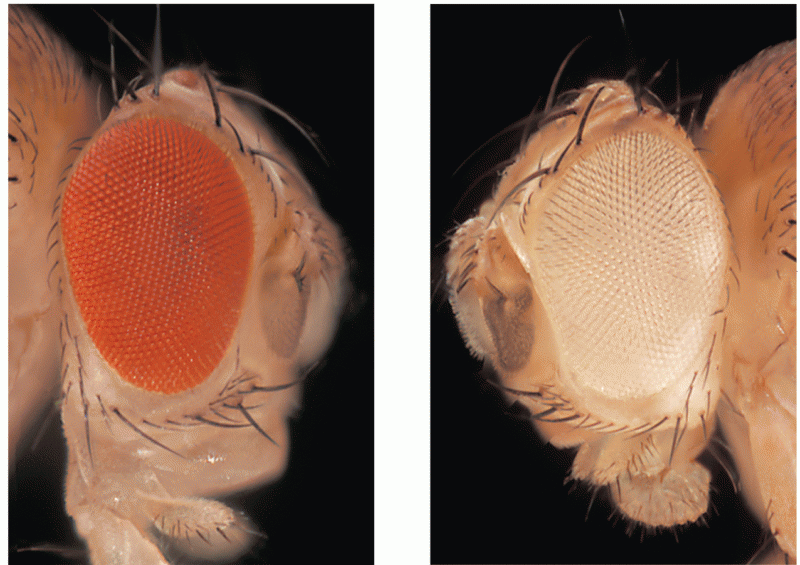|
|
|
Cucumber slices relieve headaches by tightening blood vessels, reducing blood flow to the area, and relieving pressure.
Human kidneys will clean about 1 million gallons of blood in an average lifetime.
The Centers for Disease Control and Prevention has released reports detailing the deaths of infants (younger than 1 year of age) who died after being given cold and cough medications. This underscores the importance of educating parents that children younger than 2 years of age should never be given over-the-counter cold and cough medications without consulting their physicians.
The Romans did not use numerals to indicate fractions but instead used words to indicate parts of a whole.
Aspirin is the most widely used drug in the world. It has even been recognized as such by the Guinness Book of World Records.







